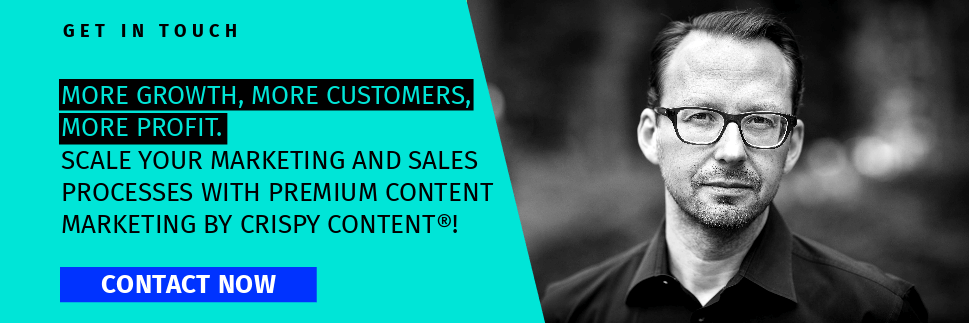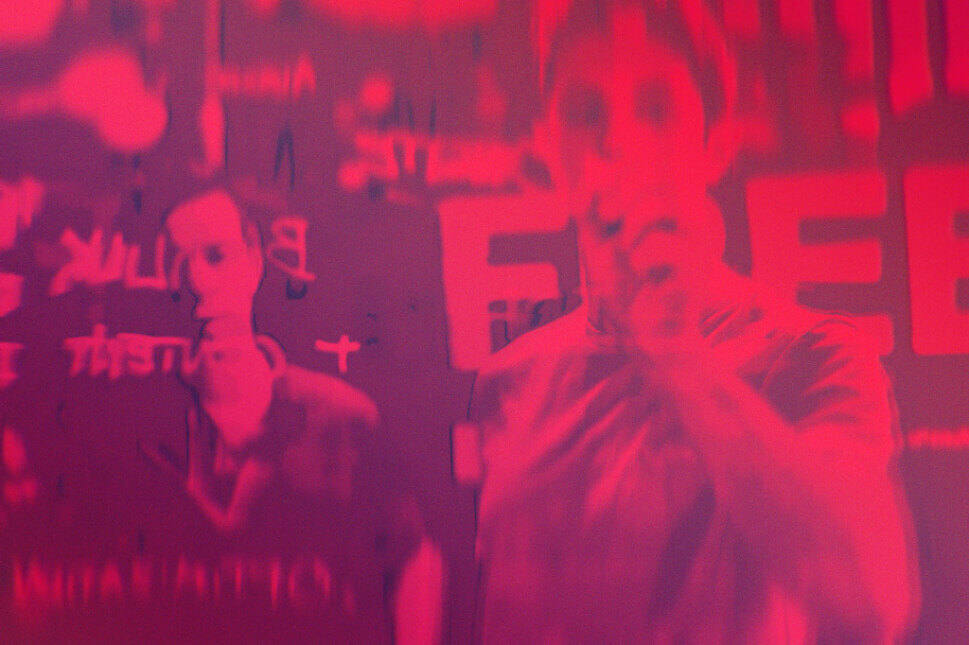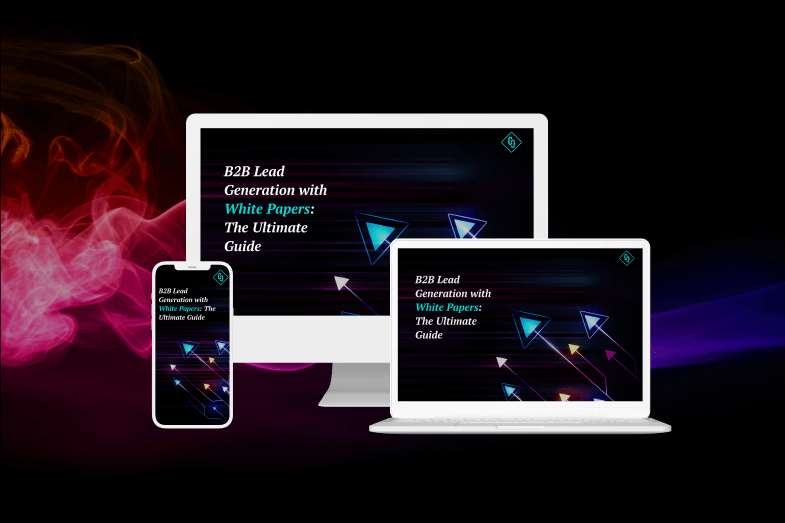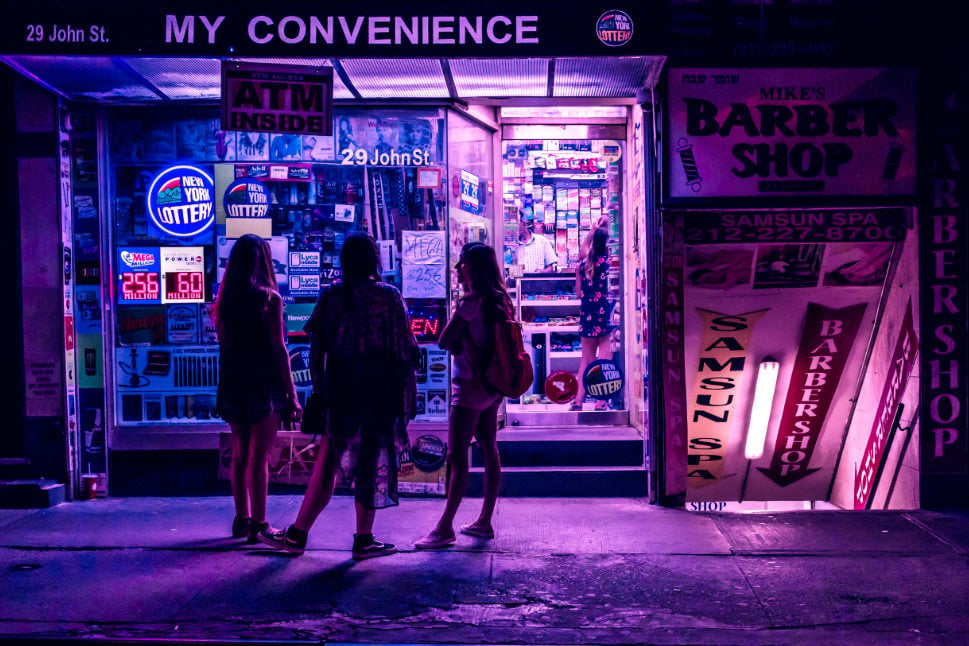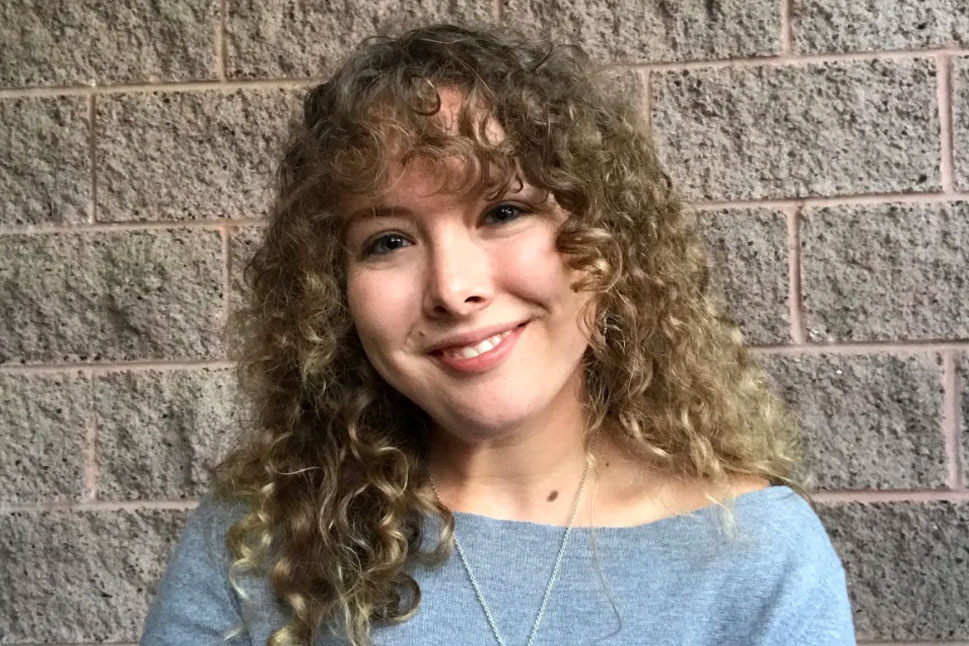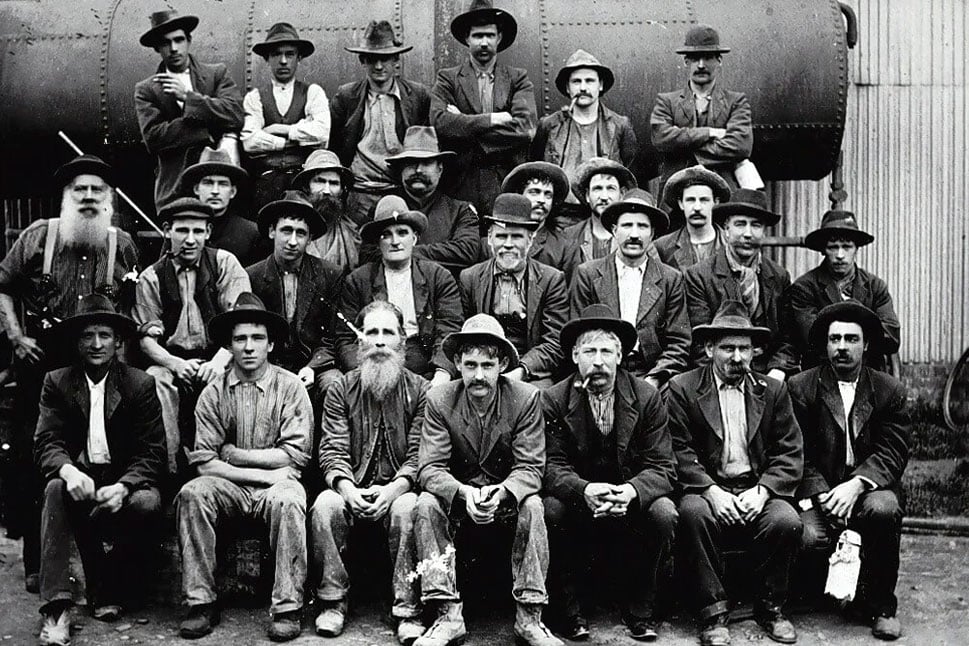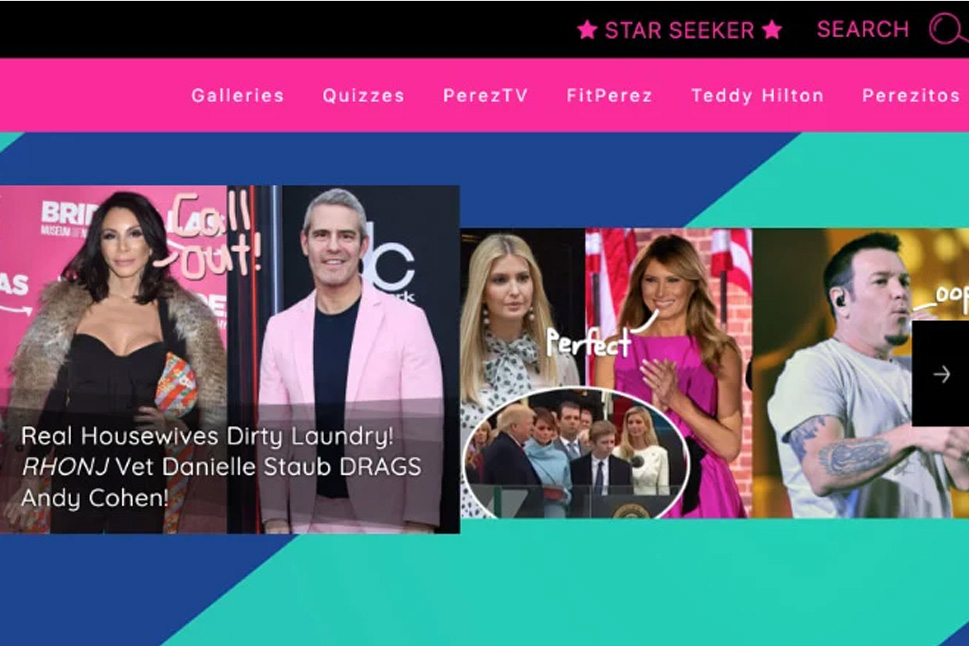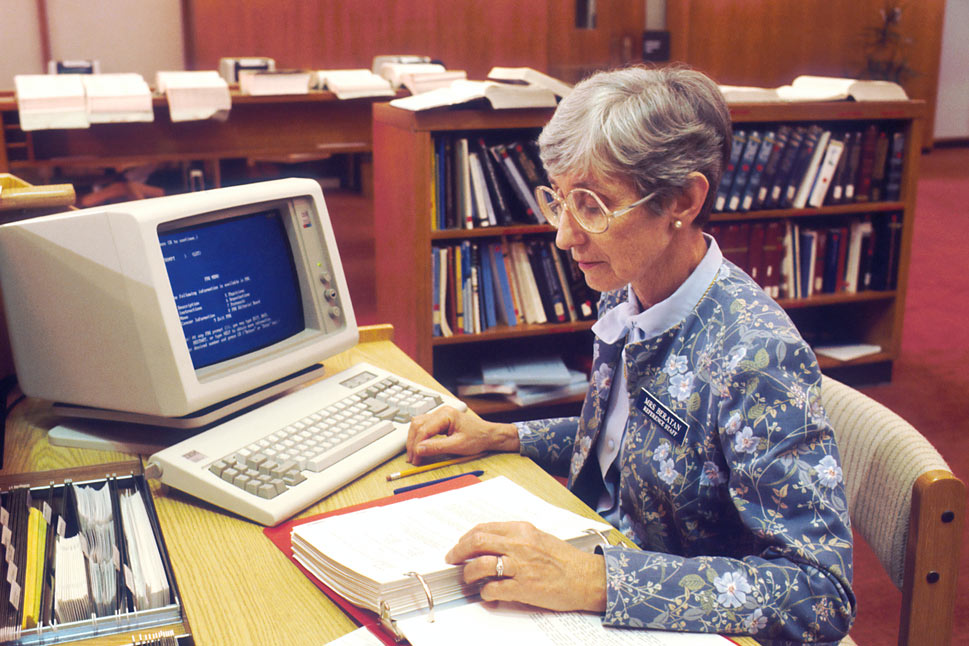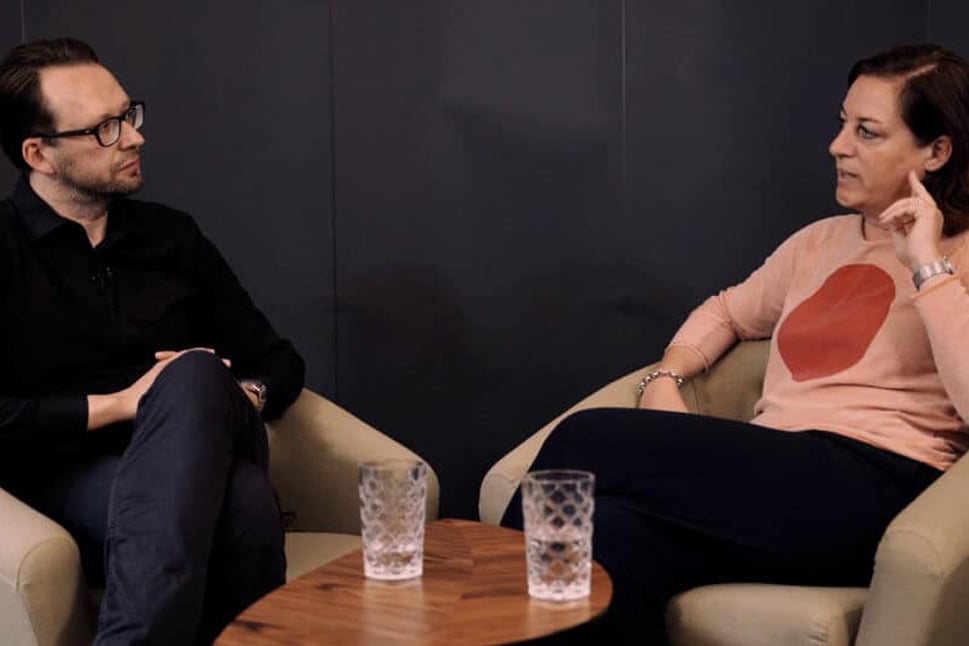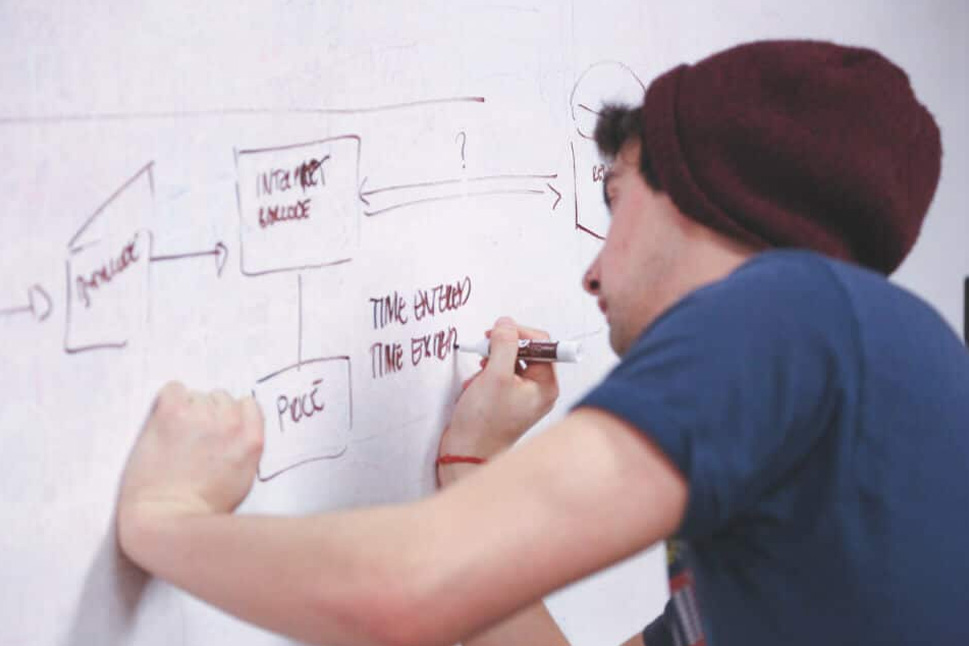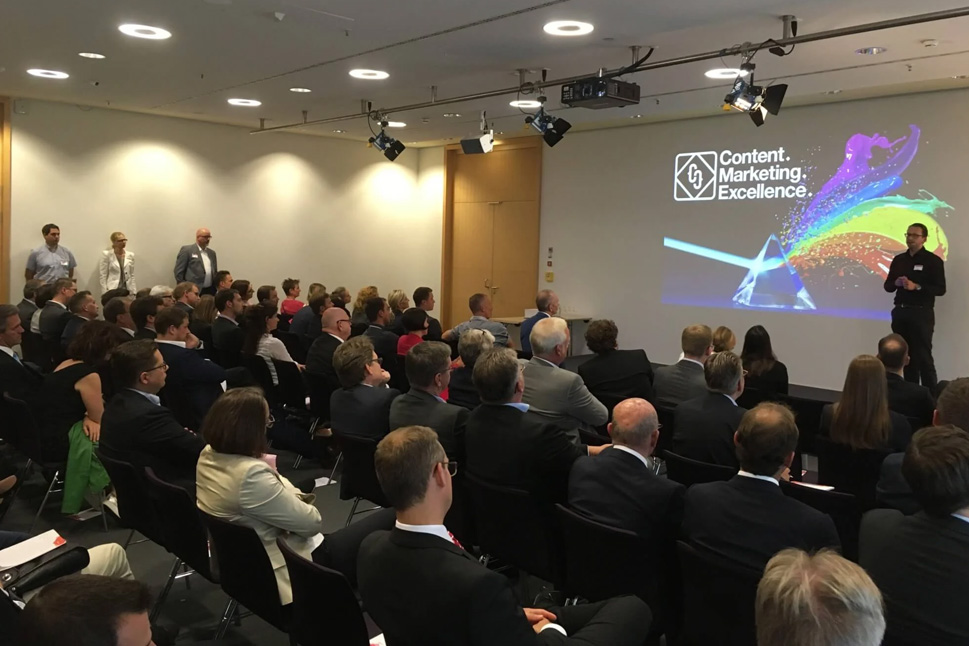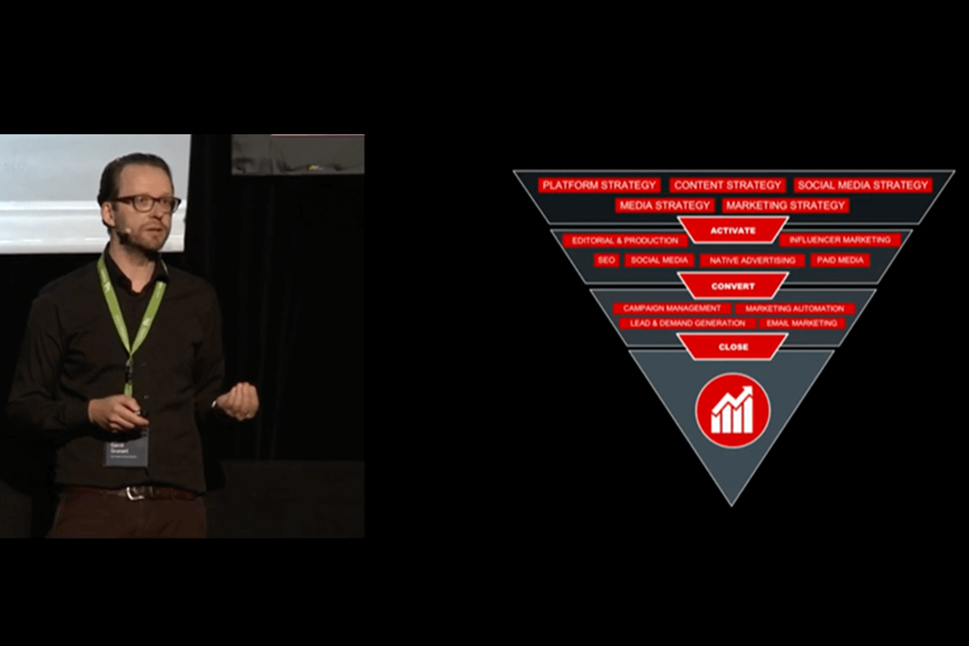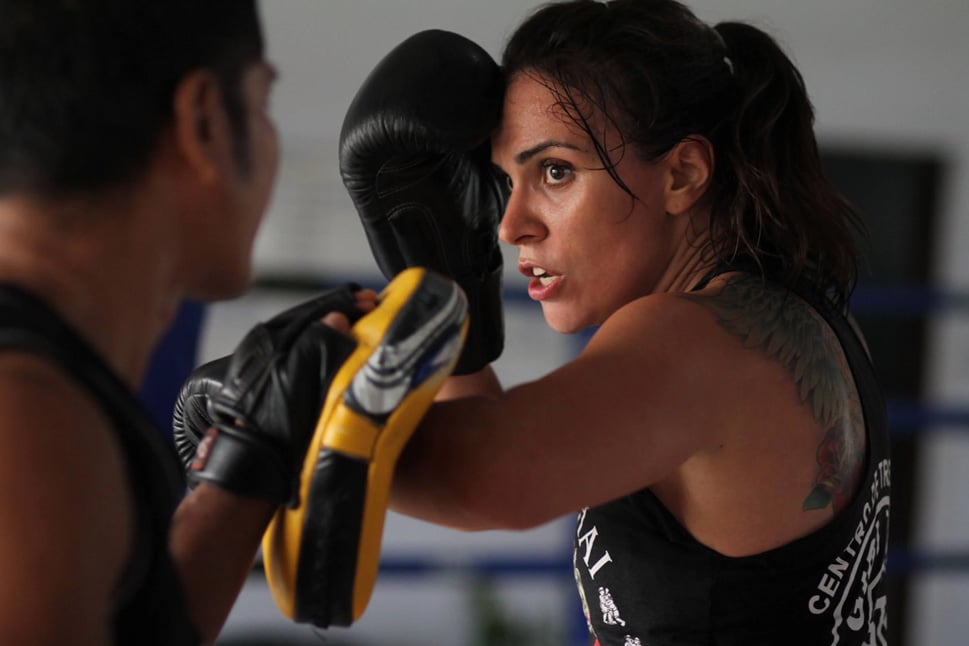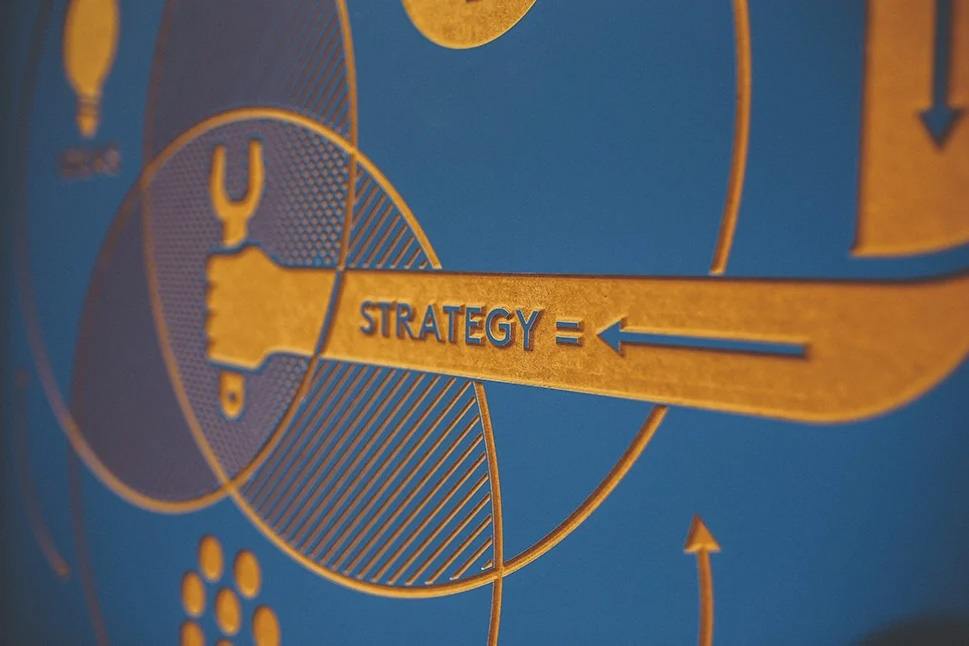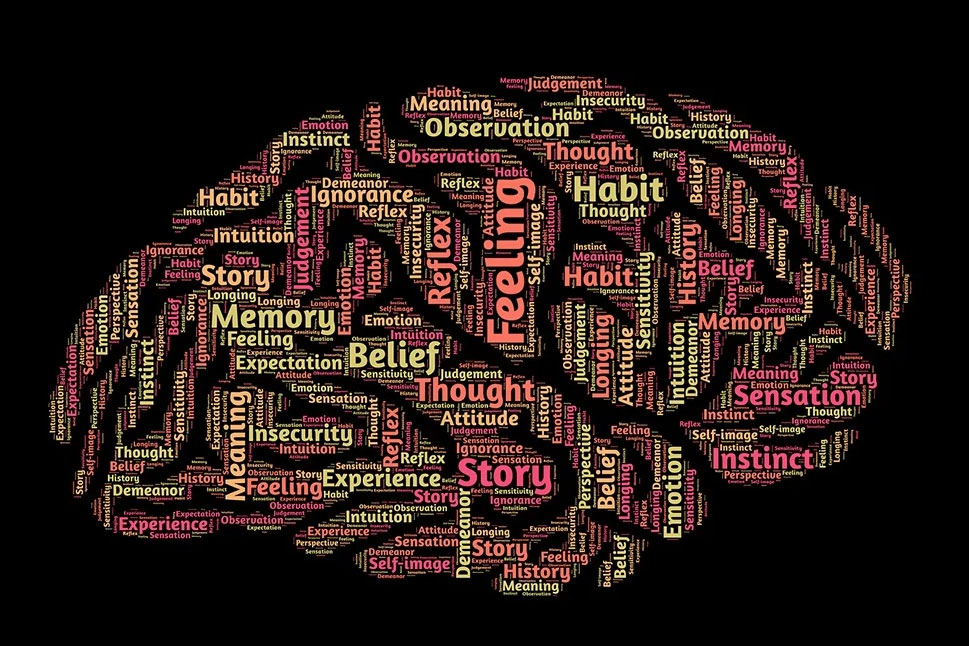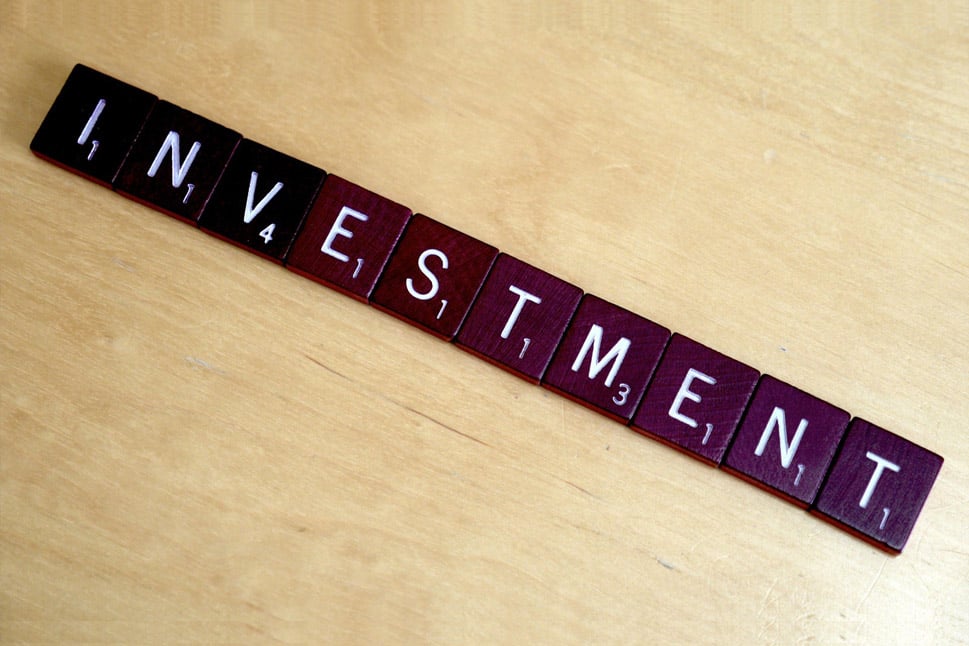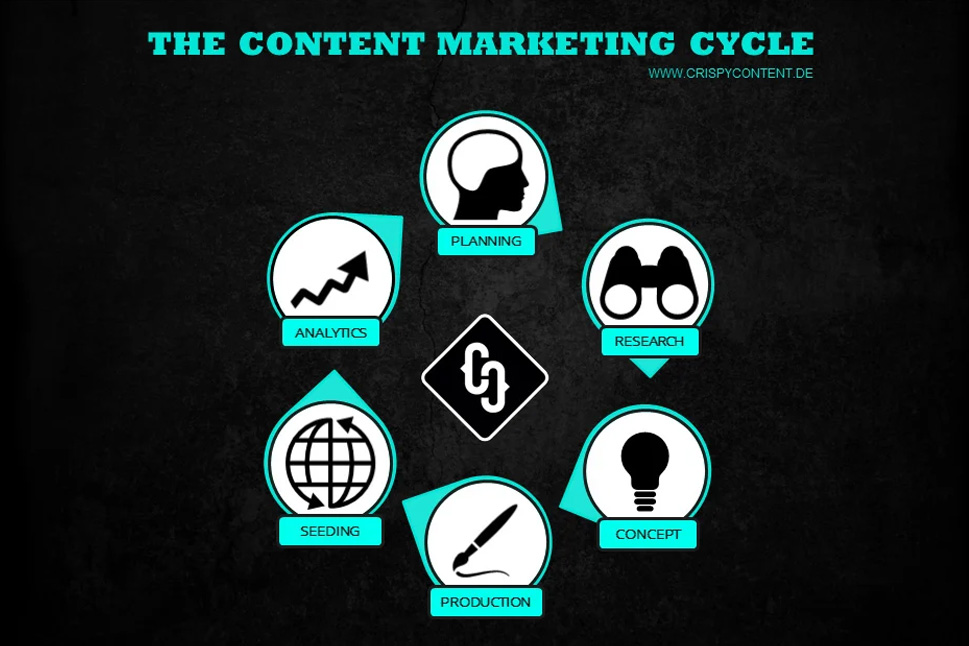How to host a perfect pitch-workshop
Last updated on January 2, 2023 at 12:36 PM.Asking agencies to pitch their idea to your company seems to have many benefits for your company. With fresh knowledge brought to the table you will have a driving force for your day-to-day business, they will inspire free thinking, and you can partly anticipate the future for your company, which is beneficial for your future direction. At Crispy Content we believe the best way to pitch, is by hosting a pitch-workshop – an 8-hour workshop that involves the agency and your team directly in deep-diving into the business and its future ideas. In this first article of our three-part series, we will explain how to host a perfect pitch-workshop for your business.

The better scenario: the pitch-workshop
Hiring an agency is one of the most important and challenging tasks for marketers, and the decision has major professional consequences for them. That's why they should carefully consider who they commit to for the long term.
We believe that it is important to understand and know the agency's approach to an idea, the way the idea was developed, and the background of the people who developed it, as opposed to just the outcome, which is the idea itself.
The future success of the relationship ultimately has to do with the compatibility of the cultures of the client company and the agency.
This includes a shared understanding of
- the values of the parties involved;
- their vision;
- their employees;
- their creative standards;
- their willingness to engage with what is to come.
All of these aspects are best reviewed in a joint pitch workshop.
The contents of a successful pitch workshop
Every project, whether it's an advertising campaign, a media strategy, a corporate blog or a technology project, consists of three important aspects:
- Strategy
- Direction
- Execution
Therefore, the pitch workshop must take a position on all of these areas.
The knowledge and skills within these areas are reflected in the people acting, in the methods they use, in the technical infrastructure, in data and content.
Therefore, using the strategic area as an example, we show:
- the people who developed the strategy;
- the content, such as text, content, graphics or diagrams, that describe the strategy;
- according to which comprehensible method this strategy was developed;
- which data was used to validate the idea;
- which technical infrastructure was used to obtain this data.
This structure is applied not only in marketing projects, but also when pitching a creative idea.
You need:
- the experienced creative director to derive the campaign (people);
- visualizations that make the idea tangible (content);
- a derivation of the idea that shows by means of craftsmanship, that it is not a product of chance (method);
- surveys from market research that served as a springboard for idea development (data);
- a reputable institute that collected the data using proven procedures (infrastructure).
Once the agency has delivered this information to the company, there should be no questions left unanswered, the idea can be further developed in the workshop, and real results will be achieved.
It goes without saying that the agency must be precise in the explanations in order to be convincing, that it must provide market knowledge, that it must know the company's target group as well as the company itself. The team must also be convincing, flexible but not too willing to compromise in its recommendations for action.
But ultimately, and most importantly, these last points apply to any kind of cooperation between an agency and a company.

The 4 criteria for a successful pitch-workshop
In order to host the perfect pitch-workshop, the circumstances need to be just right. We’ve listed below the 4 terms we feel are essential for a successful workshop.
Criteria 1: The right participants
In order for the pitch-workshop to achieve a result, all roles of the two project teams should be represented at least in a simple line-up.
In addition, there is the sponsor from the customer side. The sponsor is the person who provides the project budget to the specialist department in the company.
On the agency side, there needs to be a commercial manager who can put the key budgetary data of the project into the agency context and, if necessary, evaluate or even approve requested changes.
Criteria 2: An agenda that converts
A pitch-workshop should achieve a procedural result, i.e., it must be connectable to "Next Steps." It follows that the workshop must follow a dramaturgy that moves both parties forward at all times.
In our experience, a typical dramaturgy is:
- interpretation of the company's objective to get both parties to the starting line together;
- presentation of the status quo;
- identification of challenges;
- identification of opportunities;
- derivation of measures;
- predicted result;
- summary.
In the last part, we find time for targeted advantage communication and objection handling via Q&A session. The agency should not only integrate the approach in its advantage communication, but also convince why it is the agency that can achieve this result in this way.
The agency develops the participants from the company side with each argumentation and with each summary to the customer, while the company qualifies (or disqualifies if necessary) the agency with each evaluation of the argumentation to the agency partner.
Criteria 3: Sufficient time
Getting to know two multi-member teams takes a day. However, the agenda should not be too packed, because in our experience, each program item tends to be overrun by 50%. And who would want to interrupt each other during a meeting to get to know each other?
This means that an eight-hour event minus a 90-minute gross lunch break and a 10-minute break every 60 minutes becomes about five and a half effective working hours.
Criteria 4: Meaningfully used breaks
Breaks are important. Not only to loosen up the mind and body, but also to exchange ideas about non-technical matters. These exchanges are encouraged because each agency team member has a unique opportunity to inspire individuals about themselves on the corporate side.
Each team member on the corporate side can learn more about the background of the other side that led to this meeting in a pitch.
Breaks are therefore the slot for actively designed interpersonal exchange, not for phone calls, mail checks or eloquent silence.
Summary
Inviting an agency to pitch to your company, doesn’t cut it. Hosting a full-day event with a team of both parties who actively participate in a solid outcome is our best way to go. A pitch-workshop should touch all three key aspects:
- strategy
- direction
- execution
At Crispy Content® we have developed a method that works well for both parties, making the most of valuable time and knowledge both parties bring to the table. Whether it’s a marketing project or a creative idea, a pitch-workshop is the way to go. Contact our team to receive more information about our proven method, or book a pitch-workshop directly.
Creative, smart and talkative. Analytical, tech-savvy and hands-on. These are the ingredients for a content marketer at Crispy Content® - whether he or she is a content strategist, content creator, SEO expert, performance marketer or topic expert. Our content marketers are "T-Shaped Marketers". They have a broad range of knowledge paired with in-depth knowledge and skills in a single area.
